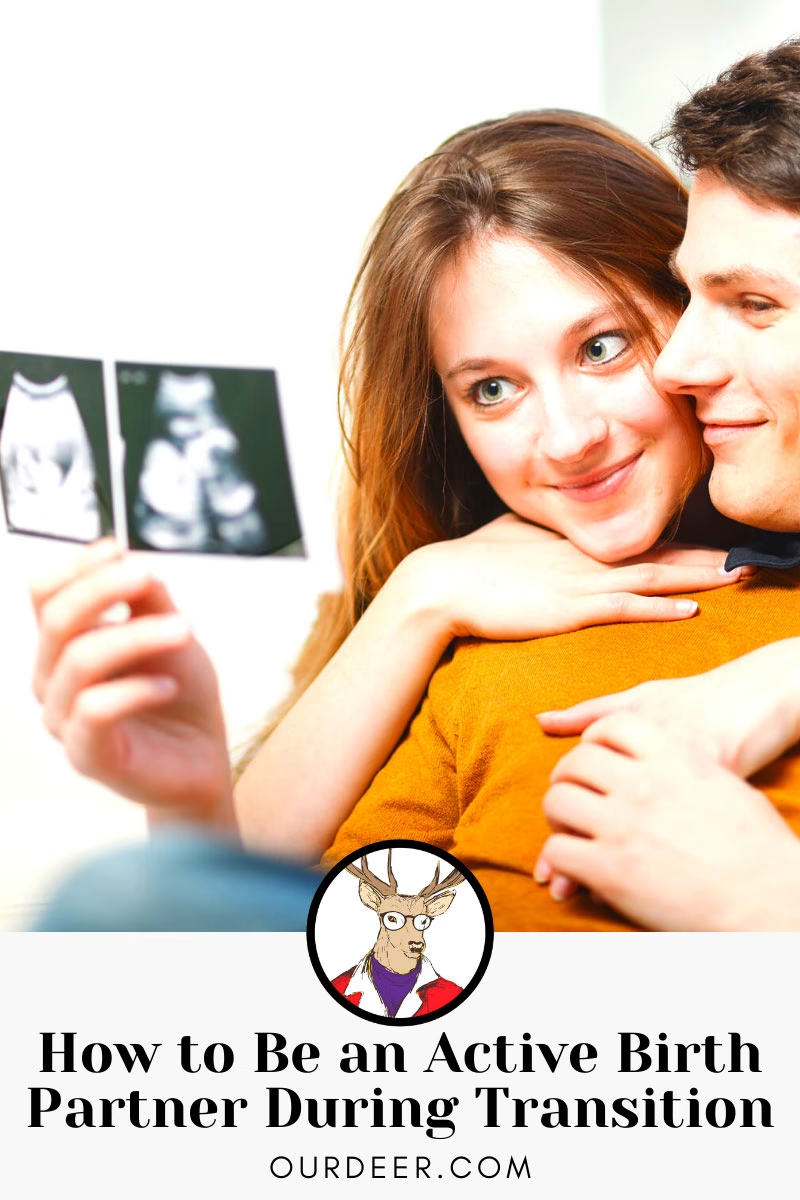
Hormone Changes
Changing hormone levels are often a culprit when it comes to mood swings during pregnant. As hormones such as estrogen and progesterone increase, you may feel more emotional or like your moods are changing faster than during you pre-pregnancy life. This is especially true during the first trimester, when estrogen and progesterone are rising the most.
Outside Factors
The stages of mental and emotional changes during pregnancy aren’t always based in biology. Outside factors often add to the emotional upheaval. Predictors of emotions in pregnancy are related to previous pregnancy experiences, social relationships, romantic partners and economic factors.For example, a past miscarriage or having a child with a birth defect may make you more likely to experience negative emotions such as worry or sadness at the beginning of your pregnancy.
Testing Woes
During the second trimester you may experience moodiness, anxiety or worry surrounding some of the tests that you’re getting.Sometime between weeks 15 and 20 your doctor may suggest having a multiple-marker screening. This test screens for neural tube defects and Down syndrome. The second trimester tests also include an ultrasound to see how your baby is growing, a glucose screening for maternal gestational diabetes and possibly testing for genetic conditions such as Tay-Sachs disease.
It’s common to feel on-edge, nervous or emotional about your impending results. Getting good news typically alleviates these feelings and ushers in a flood of relief or sudden positive emotions.
Stress And Mental State
The stress from taking tests isn’t the only time in your pregnancy that you may feel emotional. Stress surrounding being a good mother, being able to financially support your child or what the future has in store may cause you to feel ups and downs.These feelings may increase at the beginning and end of your pregnancy. The newness of pregnancy and uncertainty of being a mom may hit you during the first few weeks or months. At the end of your pregnancy, you may begin to worry about the practical parts of parenting such as having enough money or working and having time for your child.
Depression During Pregnancy
If you’re feeling overly emotional, super-stressed or depressed during pregnancy, slow down and make time to take care of yourself. Lean on your partner, letting him know how you feel and what he can do to help you during this time. Getting enough rest, exercise and healthy foods may also help to reduce the stress that causes mood swings.If you find yourself feeling sad and hopeless, crying often, thinking that you’re worthless or withdrawing from friends and family members, you may be suffering from depression. This common problem affects roughly 13 percent of all pregnant and post-partum women. You should consult your doctor and get immediate medical or psychological help if your symptoms are intense or don’t resolve within two weeks after having your baby.
You Might Also Like :: How to Feel Attractive During Pregnancy
Save for later
Found this helpful?
Pin this article to your Pinterest board and come back to it whenever you need a reminder.
Save to Pinterest


